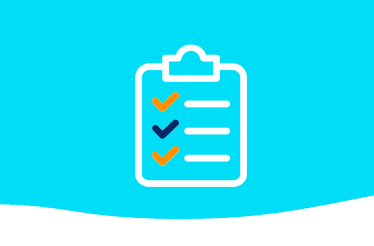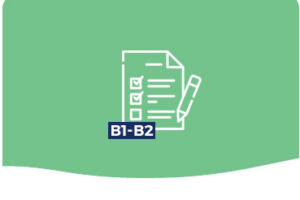2. Fechas de comienzo y terminación de la promoción
El plazo durante el cual se podrá participar en el Sorteo dará comienzo el 1 de mayo de 2019 a las 00:00 horas (hora peninsular española) y finalizará el 15 de junio de 2019 a las 23:59 horas (hora peninsular española), ambos inclusive. Las inscripciones de alumnos que sean posteriores a esta fecha no podrían entrar en la promoción.
3.Mecánica de la promoción y requisitos de participación
La presente promoción será válida a nivel local, en Jaén (España) y provincia.
La participación en la presente promoción es gratuita y se articulará bajo la mecánica de Sorteo público.
Podrán participar en el sorteo todo aquel que formalice su matrícula con Funny Learning para el próximo curso 2019/2020. Entran en el sorteo los alumnos que se inscriban a las clases dirigidas por el Funny Learning tanto en colegios, institutos o centros propios, excluyendo las reservas de plaza de los cursos intensivos de Julio.
4.Fecha de realización de la promoción y número de ganadores
El sorteo tendrá lugar el próximo 17 de junio de 2019 y se realizará públicamente en redes sociales a través del nombre a través de una plataforma de selección aleatoria.
Se sortearán:
- Pack de libros para INFANTIL: libro +fichas.
- Pack de libros para PRIMARIA: este pack contiene 3 libros.
- Pack de libros para nivel A2. : dos libros
- Pack de libros para nivel B1 : dos libros
- Pack de libros para nivel B2 : dos libros
Dentro de los diez (10) días naturales siguientes los ganadores serán informados y obtendrán un cheque que podrá ser canjeado a principio del curso por los libros. Si no se lograra contactar con los Ganadores tras realizar tres (3) intentos, éste perderá automáticamente el derecho a obtener el Premio y el mismo se adjudicará al Suplente que ocupe el primer lugar en la lista, según el orden de extracción.
5. Descalificaciones y penalizaciones
Existe la posibilidad de dar de baja o descalificar a usuarios que incumplan las reglas de la promoción o de penalizar en caso de que algún participante hubiera actuado de manera fraudulenta. Por ejemplo, no formalice su matrícula.
6. Protección de datos de carácter personal
Funny Learning es el responsable de los datos gestionados al realizar la reserva de plaza. La finalidad es la participación en la promoción a través de la matricula en las clases para el próximo curso. Los datos que son recogidos del propio interesado son: nombre, apellidos, e-mail y teléfono y no se cederán a terceros salvo obligación legal. En cualquier momento el interesado puede consultar sus datos así como rectificar y suprimir sus datos.
7. Contacto y reclamaciones
Ante cualquier duda o problema puedes contactar con Funny Learning al:
Teléfono: 953 352 702
Móvil: 648 821 494
Correo: info@funnylearning.es
8. Aceptación de las Bases Legales
La participación en el Sorteo de libros de Funny Learning supone la aceptación íntegra de las presentes Bases Legales, así como la aceptación del criterio decisiones que se efectúe.




